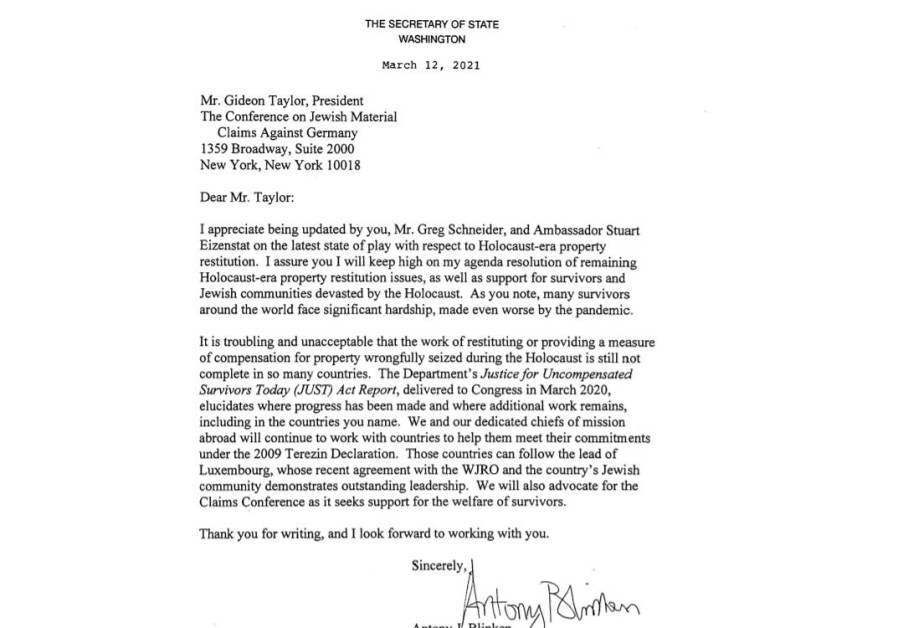The US Supreme Court ruled on Wednesday that the Nazi-bought Guelph Treasure will not return to its Jewish heirs.
The decision is in line with the court’s traditional tendency to avoid a situation where foreign plaintiffs bring cases to US courts even if they have little connection to the US, according to a New York Law Journal report.
The decision is in line with the court’s traditional tendency to avoid a situation where foreign plaintiffs bring cases to US courts even if they have little connection to the US, according to a New York Law Journal report.
The ruling was made despite the fact that the Jewish owners of the medieval collection, who bought it in 1929, sold it to Nazi agents of Hermann Göring in 1935 during a time when they were under a lot of pressure to make such a sale due to the repercussions of a refusal.
The 42 pieces of the collection were declared a national cultural treasure by the modern German state in 2015, meaning that they could not be taken out of the country without official government approval.
In previous discussions, German courts accepted the claim that the sum paid by the agents, 4.25 million Reichsmarks ($1.7m), was the market price at the time for such a collection, having a relative inflated worth of $32.6m today.
The sold items were not in Germany in 1935, meaning that the Nazis could not order the Jewish owners to hand them over, and instead negotiated the sale in the Netherlands.
The sold items were not in Germany in 1935, meaning that the Nazis could not order the Jewish owners to hand them over, and instead negotiated the sale in the Netherlands.
However, the heirs to the Jewish owners argued otherwise and sued the German state in a US court under the Foreign Sovereign Immunities Act (FSIA), claiming the sum represented only 35% of the real value.
The Supreme Court ruled that the act should be viewed as intended for cases where a state took the property of another state or when a state takes the assets of foreign nationals, not cases when a state takes assets from individuals who are its own citizens.
The Supreme Court ruled that the act should be viewed as intended for cases where a state took the property of another state or when a state takes the assets of foreign nationals, not cases when a state takes assets from individuals who are its own citizens.
The original court ruling suggested such legal issues should be resolved by local legal systems, not the US, Bloomberg reported.

US Secretary of State Antony Blinken wrote to president of the Conference on Jewish Material Claims Against Germany Gideon Taylor on March 12 that it is "unacceptable that the work of restituting or providing a measure of compensation for property wrongfully seized during the Holocaust is still not complete in many countries."
He mentioned Luxembourg as an example of "outstanding leadership" that other nations might learn from.
